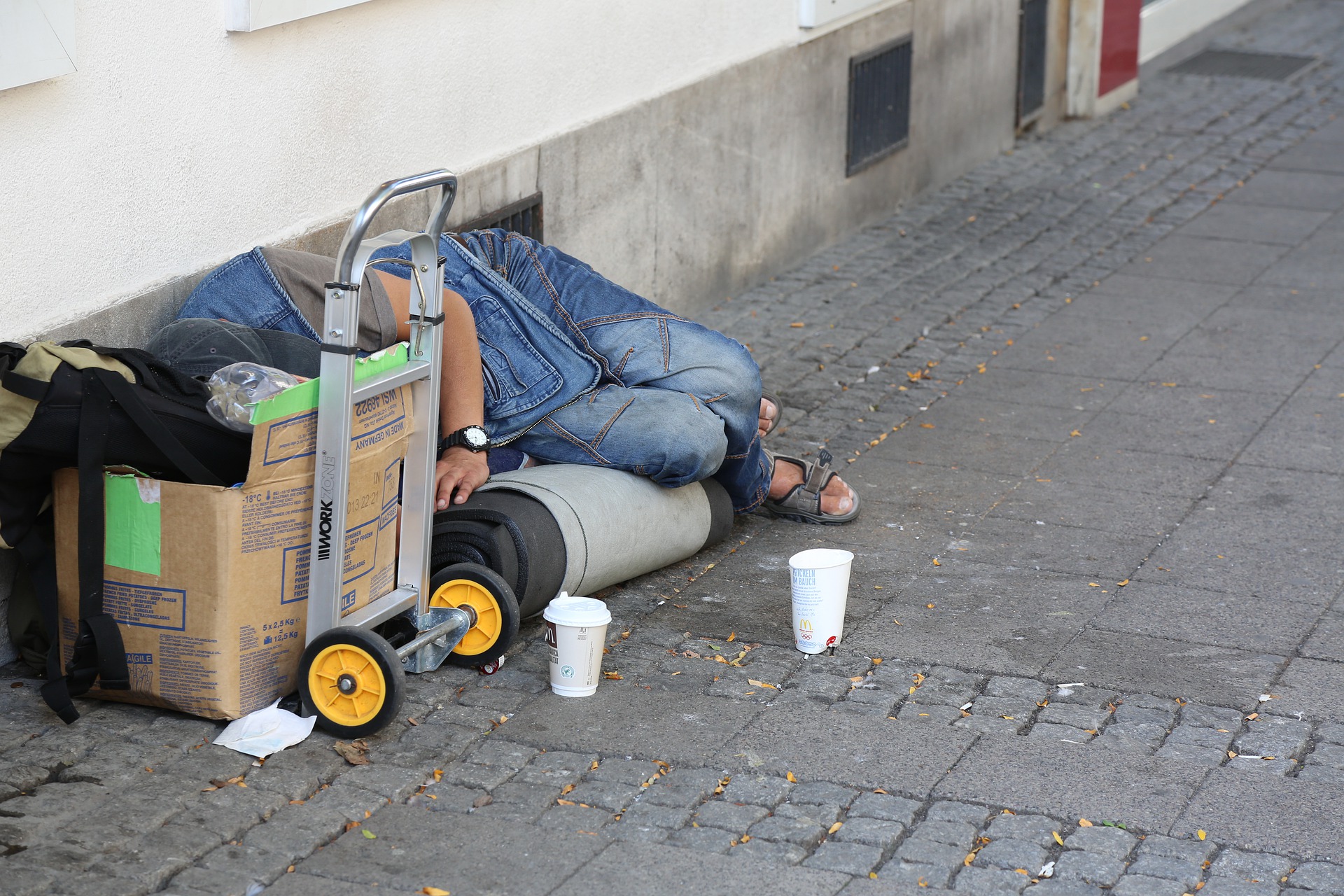 Living with a mental illness presents serious challenges when a person has stable housing. But, when an individual living with a mental health condition is without a safe, stable place to live, their struggles are multiplied. Mental illness and homelessness are compounding issues that can contribute to one another and create a cycle that makes it incredibly difficult for those caught in it to pursue stability.
Living with a mental illness presents serious challenges when a person has stable housing. But, when an individual living with a mental health condition is without a safe, stable place to live, their struggles are multiplied. Mental illness and homelessness are compounding issues that can contribute to one another and create a cycle that makes it incredibly difficult for those caught in it to pursue stability.
The myths that surround these two issues can create a host of misconceptions that only add to the weight of struggle carried by those experiencing both mental illness and homelessness. The statements below represent several of the most common—and most harmful—myths about people living with these challenges.
Myth #1: They’re dangerous.
Often, those who are homeless and living with a mental illness are assumed to be violent. But the truth is that they’re more likely to be victims of violence than they are to be perpetrators of it.
Myth #2: They’re lazy or unintelligent.
Sometimes it’s assumed that those living on the street or in a shelter don’t have a desire work or lack the intelligence to do so. However, many in these situations want to provide for themselves but are unable to hold a job due to the disabling nature of their conditions; others are employed but don’t earn enough to secure housing. In addition, many of the realities of homelessness, such as a lack of permanent address, make it difficult for those seeking work to gain employment.
Myth #3: They just need to get a job.
Providing employment for an individual dealing with mental illness and homelessness may enable them to earn income for themselves, but it won’t address the challenges they face in managing their mental health conditions—factors that often play a large role in their homelessness. In addition, in many areas, especially those in which affordable housing is particularly scarce, it’s incredibly difficult to find a place to live that’s attainable with the government subsidy—$794 a month maximum—that many living with mental health conditions receive.
Myth #4: They just need to get back on their medication.
While medication can and does help many people manage serious mental illnesses, it’s not a cure, and it doesn’t eliminate their struggles. Psychiatric drugs are just one piece in pursuing stability, and without a safe, consistent place to live, individuals dealing with mental health challenges are unable to take steps that lead to greater wellness.
Myth #5: They’re all addicts.
Fewer than one in five of those experiencing mental illnesses also deal with substance abuse. Thus, the assumption that a homeless person living with a mental illness will spend money they receive on drugs or alcohol is based not on the norm, but on the relatively small percentage of these individuals wrestling with addiction.
Myth #6: Their families have given up on them.
In many cases, the families of individuals dealing with mental health conditions and homelessness don’t know where their loved ones are. And, in other cases, family members and friends may have tried to provide help or are unable to offer assistance, or their help has been refused. It’s never safe to assume that no one cares about these individuals or that their loved ones have given up on them.
Myth #7: They are in a hopeless situation.
The combination of homelessness and mental illness may seem to create an insurmountable challenge. But those facing these compounding struggles are not without hope. Programs that address the issues of housing and access to mental health care, as well as the many organizations that provide day-to-day assistance, all play important roles in helping those who are struggling obtain care and find secure places to live.
Hope at Jacob’s House
Jacob’s House, The Well’s city of Dallas-licensed group home for men, seeks to address homelessness in the Dallas area in a small way, particularly among those facing the dual struggles of mental illness and housing insecurity. It provides a safe, stable place to call home for up to eight men would otherwise be homeless. Residents benefit from nutritious meals, caring friendships and the ongoing support of Well Community staff members.
The Well Community offers support, resources and a place to belong for those dealing with serious mental illnesses. Your gift to The Well will help address underlying issues that can lead to homelessness among these individuals, and as well as assist those facing the dual struggles of insecure housing and mental illness take steps toward stability.
